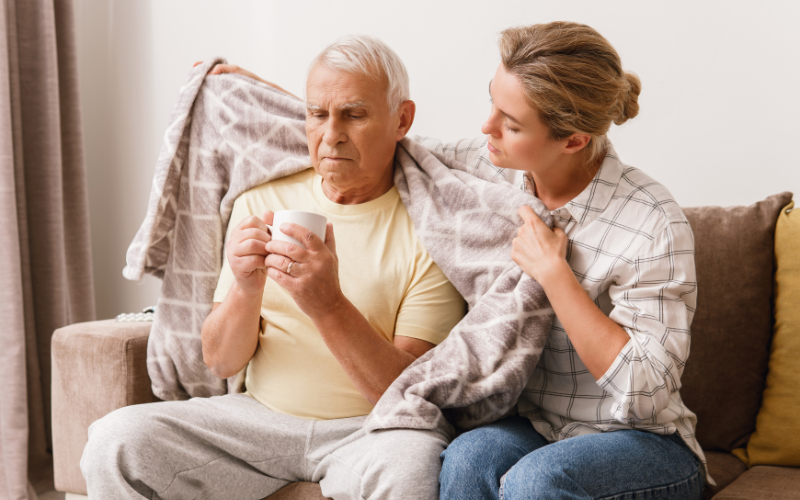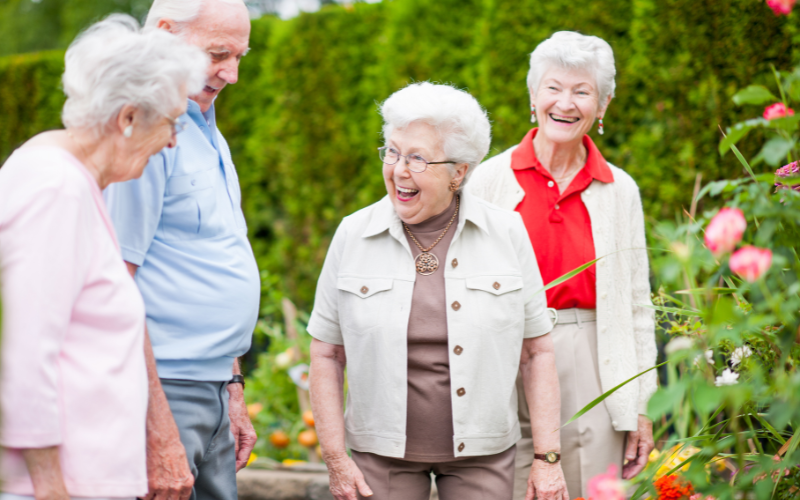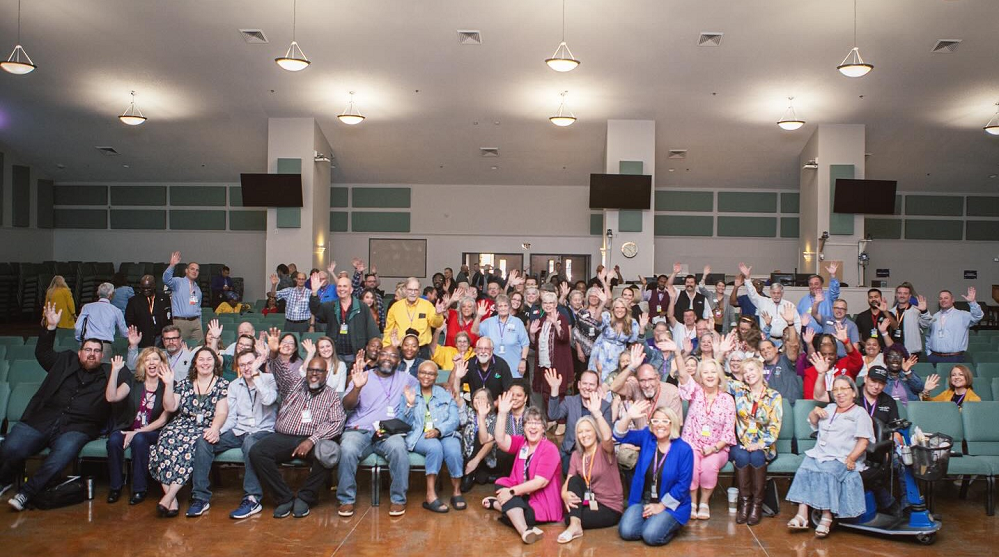
Seniors who were once vibrant and independent can slowly spiral into a pattern of self-neglect. The inability or unwillingness to meet their basic daily needs can be due to number of causes. Families should watch for these signs of self-neglect in seniors and take swift action.
What is self-neglect?
Self-neglect is defined as the lack of motivation or ability to independently fulfill basic needs, such as food, water, shelter, medication (when applicable), personal hygiene, and safety. When self-neglect is sustained over time, the senior’s well-being, safety, and health are compromised.
Self-neglect can be potentially life-threatening. In fact, in a long-term study of over 10,000 older adults, researchers found that habits of self-neglect increased an aging individual’s risk of premature death. It is also associated with a heightened risk of subsequent elder abuse.
What causes self-neglect?
Several risk factors are associated with self-neglect in the elderly. Social isolation is a cause of self-neglect. The individual may have mobility challenges, which keep them homebound. Seniors who feel lonely and isolated can succumb to depression, which is another trigger for self-neglect.
Seniors with dementia or other conditions that lead to cognitive impairment can be responsible for patterns of self-neglect. Dementia-related memory issues are often the culprit when seniors forget how to operate a stove to cook a meal or use the features in the shower stall to bathe.
What are signs of self-neglect?
It is important for older adults to meet their own physical, emotional, and social needs. But when chronic diseases, substance abuse, or other issues remain unresolved, self-neglect can set it. Families and caregivers should be vigilant for the following signs of self-neglect in their elderly loved ones.
1. Unintended Weight Loss
Habits of self-neglect can develop when older adults lack the supervision and care of a family member or professional caregiver. One of the most noticeable signs of self-neglect in these individuals is unintentional weight loss. The senior may also be dehydrated and undernourished.
Unintended weight loss can occur when the senior is unmotivated to cook healthy meals. The aging adult may reach for unhealthy snacks that fail to provide the essential vitamins and minerals. This issue can be resolved by hiring a caregiver to prepare balanced meals or using a meal delivery service.
2. Unaddressed Health Conditions
A senior may develop a health condition related to hearing, eyesight, or mobility, for instance. Illnesses can progress rapidly without treatment and reduce the older adult’s quality of life. Seniors may fail to visit a doctor if they do not have access to reliable transportation.
The most dependable way to resolve issues in health is to utilize home care services. Although home care agencies typically offer non-medical care, professional caregivers do drive aging care recipients to the doctor’s office and the pharmacy to pick up prescription medications.
3. Unsanitary Home
A clean, well-maintained home environment is an integral part of overall well-being. An unhygienic home filled with mice droppings, unwashed dishes, and laundry or mold growth is detrimental to the occupant’s physical and emotional health. Fall risks are also a threat in cluttered homes.
Professional caregivers, however, keep the senior’s home clean with light housekeeping services. Surfaces are dusted to keep out allergens and dishes are washed. Clutter is cleared out of walking areas and rooms to prevent the older adult from tripping, falling, and suffering an injury.
4. Lack of Sufficient Food
Mobility challenges can prevent seniors from shopping for groceries. When adequate food is not stocked in the pantry, it is a clear sign of self-neglect. Eating healthy meals is a vital part of living well, and immobile older adults lack the means to provide for themselves.
In such cases, caregivers shop for fresh fruits, vegetables, and other healthy foods. As mentioned, professional caregivers cook nutritious meals to ensure the care recipient consumes the daily recommended amounts of vitamins and minerals. Caregivers also ensure the senior is hydrated.
5. Inability to Complete ADLs
Families that visit an elderly loved one may notice their clothes are disheveled, hair is unwashed, and unpleasant body odor is present. When these signs of self-neglect are evident, it means the senior is unable or unwilling to independently bathe, groom, dress, and use the toilet.
Caregivers are critical sources of support when the senior fails to follow a personal hygiene regimen. Professionals help the senior to bathe, dress appropriately for the weather conditions, and remain hygienic even when incontinence issues arise. Help with the activities of daily living is invaluable.
6. Delusions
Dementia patients, especially, are prone to suffering from delusions and hallucinations. When either occurs and help is not received, it is a sign of self-neglect. Similarly, the dementia patient may experience confusion and disorientation. These symptoms of dementia should be promptly addressed.
Dementia caregivers offer compassionate care to seniors diagnosed with dementia or who live with another health condition that causes delusions, confusion, or disorientation. Skilled professionals are experienced in identifying and managing symptoms effectively.
The signs of self-neglect are many and include unpaid utility bills, medication incompliance, and heat exhaustion during the summer months. Seniors may abuse drugs or alcohol and lose interest in activities that were once enjoyable. When self-neglect occurs, turn to Assisting Hands Home Care.
We are a reputable home care agency, offering a host of compassionate elder care services that are designed to promote the health and comfort of seniors in their homes. Our senior care option is valued by older adults who feel extra secure with the support of a professional caregiver.
Our companion caregivers provide services that reverse self-neglect. Responsibilities, such as medication reminders, light housekeeping, transportation within the community, meal preparation and personal care assistance keep seniors physically and emotionally healthy. Care is flexible and can be customized to meet various schedules.
We are pleasant companions who fulfill the social needs of care recipients, too. Caregivers take seniors on outings, play games, and hold friendly conversations. When your aging loved one Texas, needs quality elder care in Coppell, TX | Dallas, TX | Highland Park, TX | Richardson, TX | University Park, TX or surrounding areas, choose Assisting Hands Home Care. Call for a free in-home consult today.







